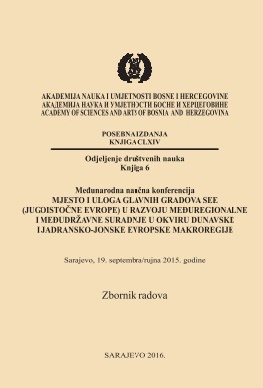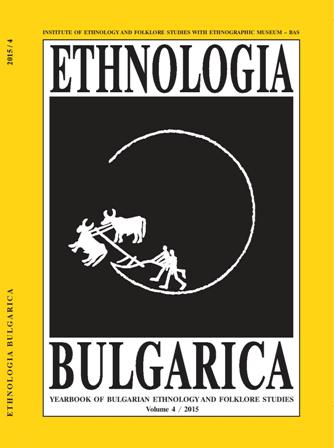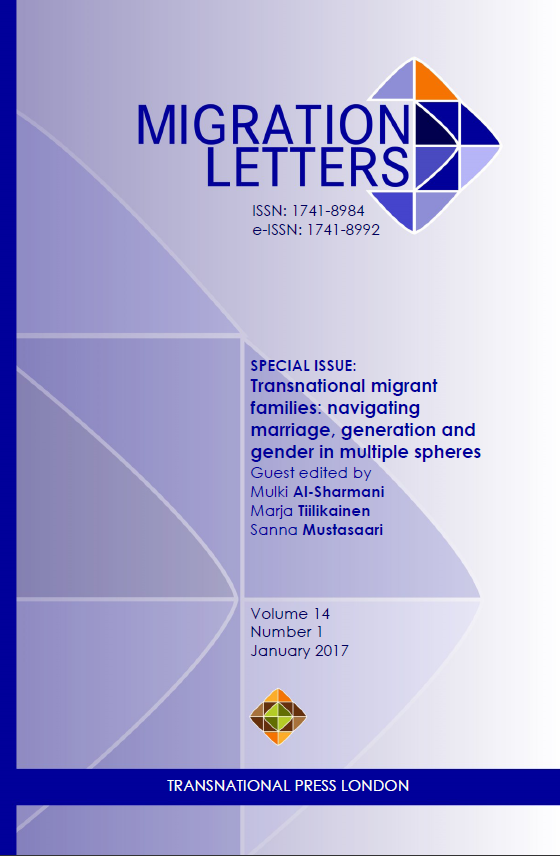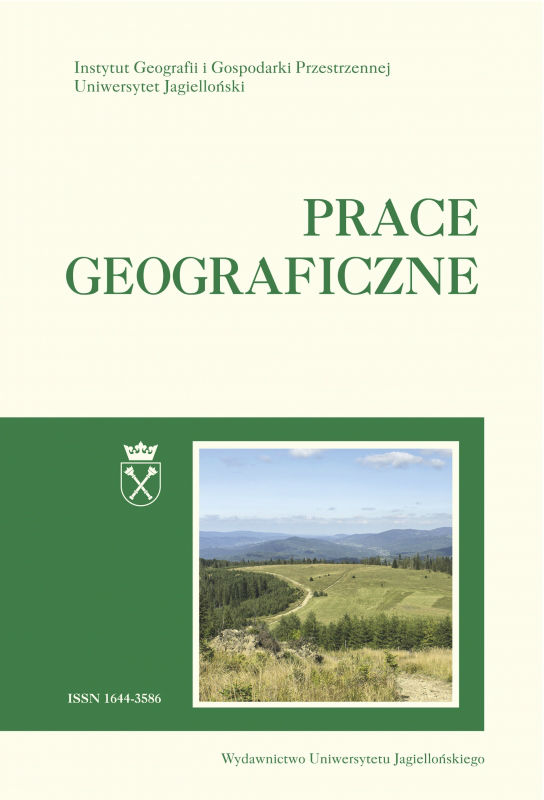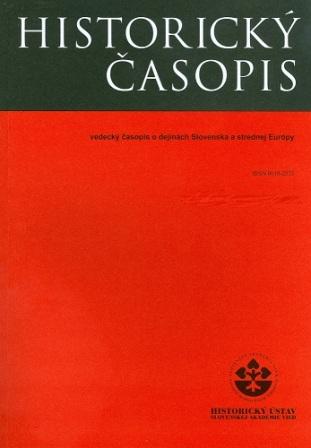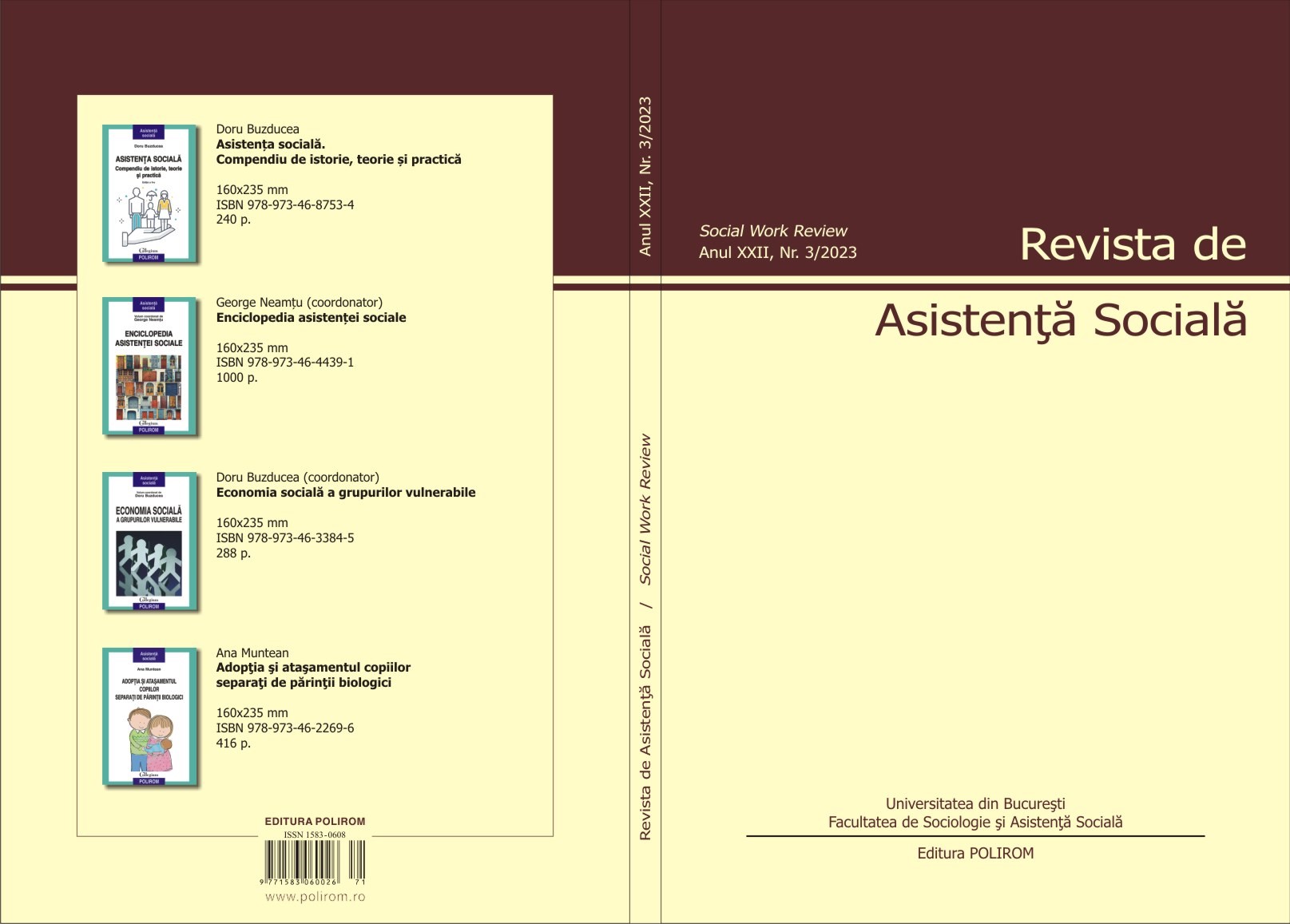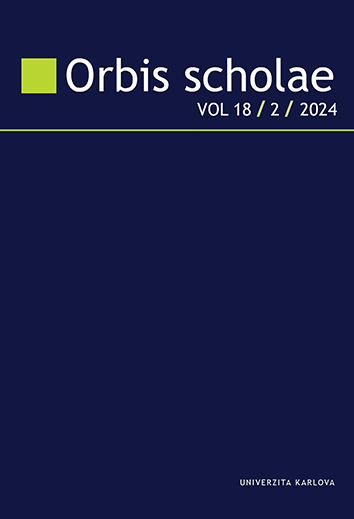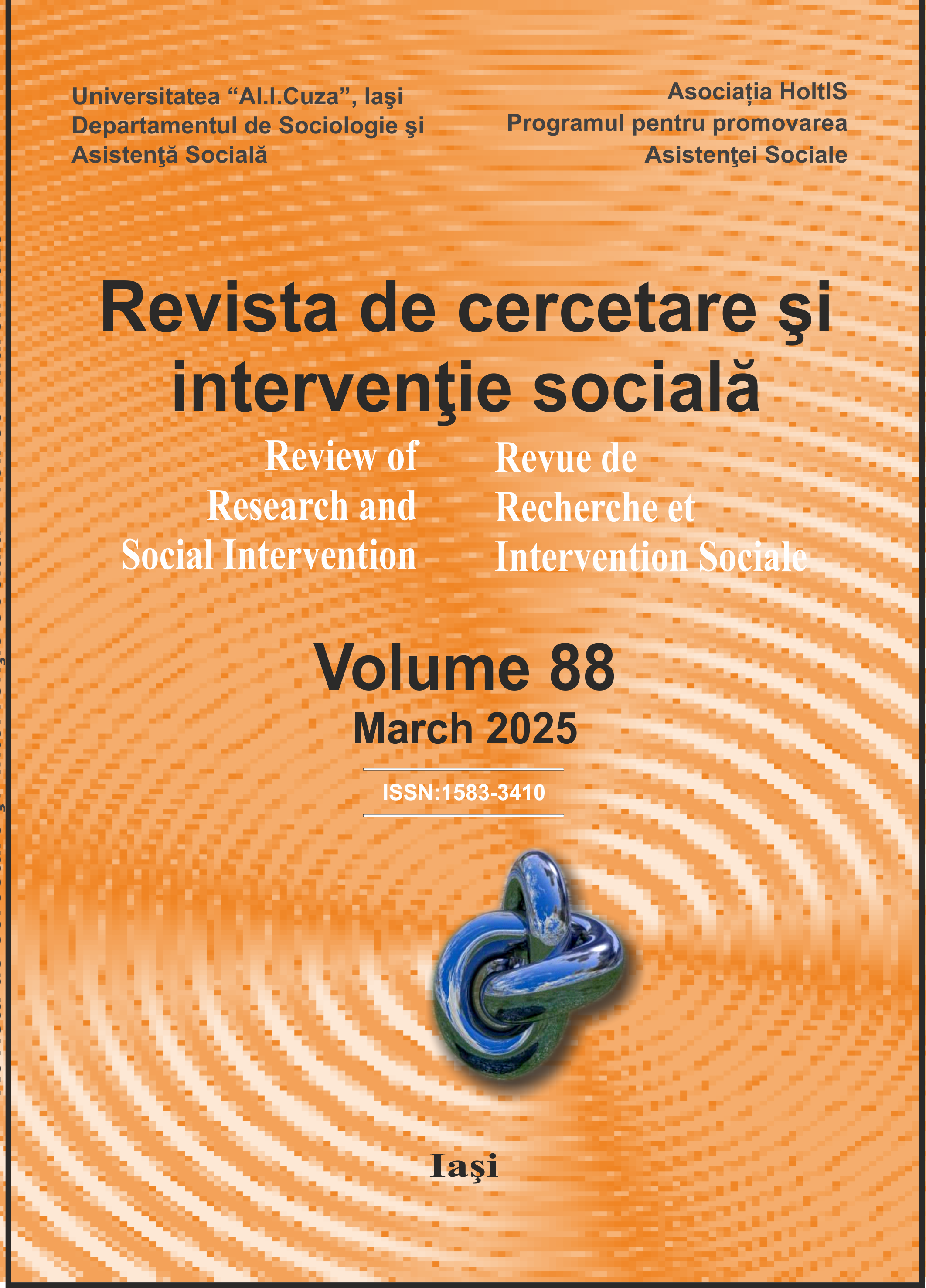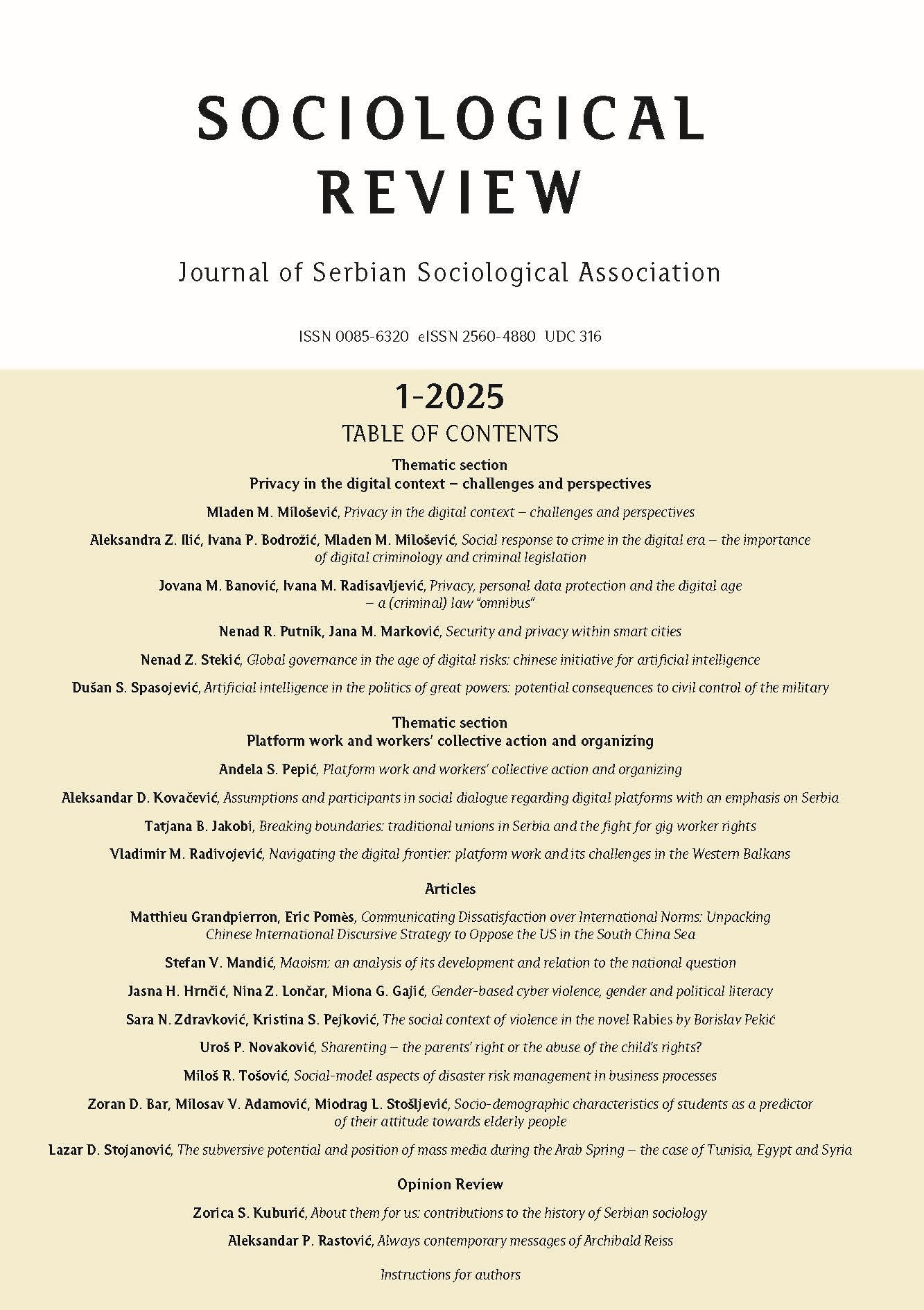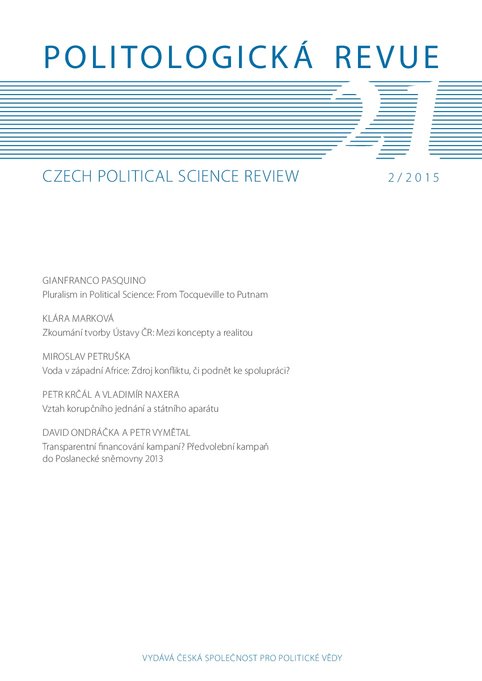
Voda v západní Africe: Zdroj konfliktu, či podnět ke spolupráci?
The article investigates the problem of sharing water from international water resources and focuses on the Niger River, the Senegal River, and the Volta River in West Africa. Its main aim is to examine the sharing of water provided by the mentioned important rivers and to point out the existence of conflicts or cooperation between the individual countries in the said river basins. When examining the situation related to the sharing of water from the mentioned rivers, the text will be based on two approaches. The first one shows the international water resources as a potential cause of conflicts, and the other one as a means allowing for the development of cooperation. In accordance with the approach, the reasons why water from the mentioned rivers becomes a source of conflicts will be discussed at first, followed by the discussion of the mechanisms supporting mutual cooperation between the individual countries in the said river basins. The aim of the article is to examine whether there is a danger of future conflicts over water in the basins of the Niger River, the Senegal River and the Volta River or an evolution of cooperation in this field.
More...
